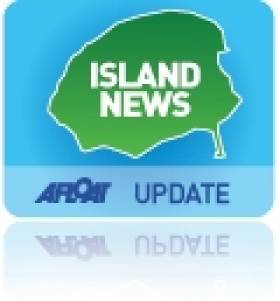Displaying items by tag: residence
Prices Drop On Private Islands
It's never been easier to own your own private island, with some going for less than €200,000, according to The Irish Times.
Cork-based estate agent Dominic Daly currently has islands on his books in west Cork, Donegal and the Shannon Estuary. But he warns that islands can be difficult to sell, as planning permission for residences is often hard to obtain.
Another agent, Philip O'Reilly in Ennis, says some islands are designated as Special Areas of Conservation, which means even building a landing jetty is out of the question. But on the plus side, owners are now much more open to lower offers.
The Irish Times has more on the story, including details of a number of islands on the market, HERE.
























































